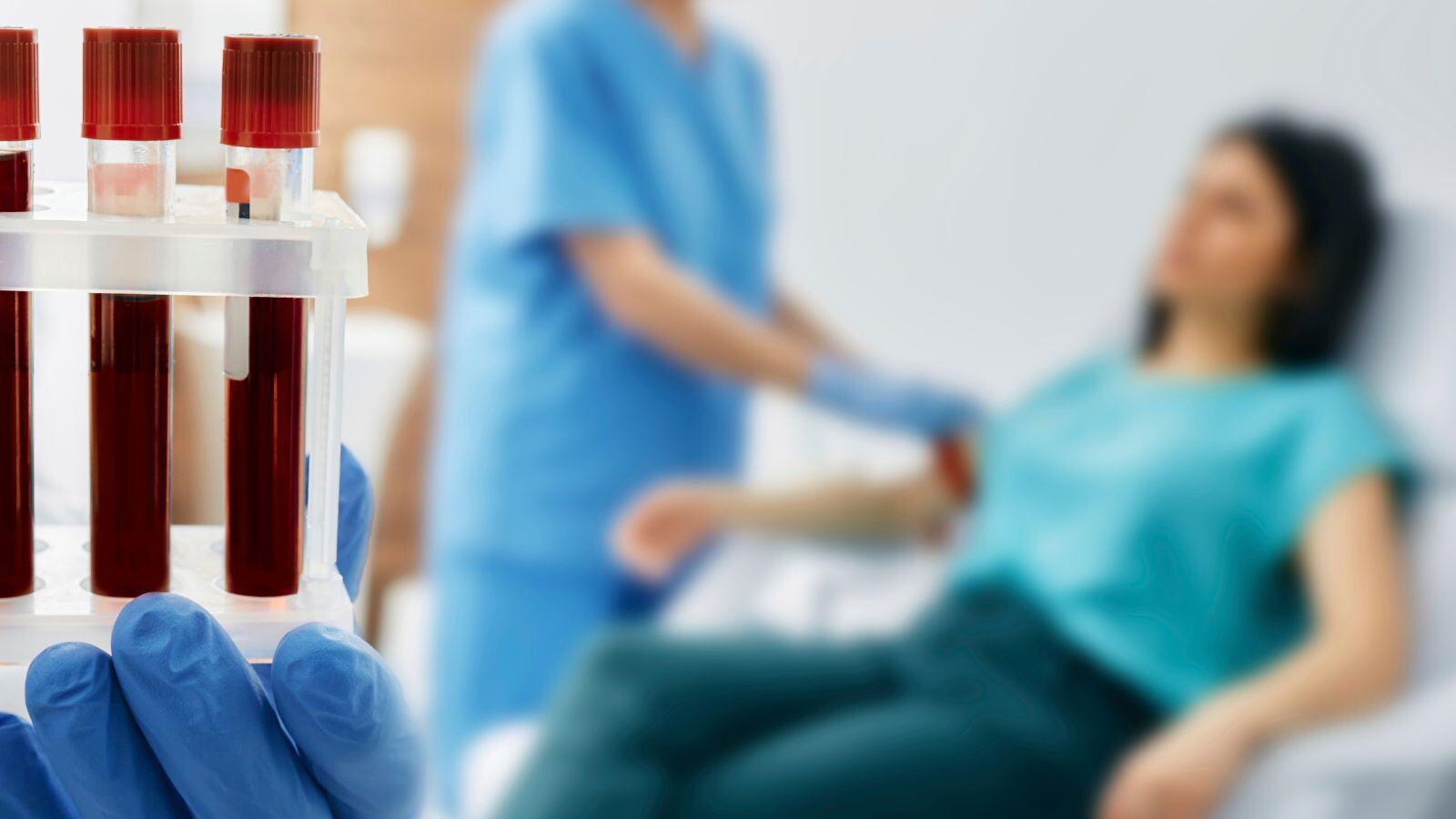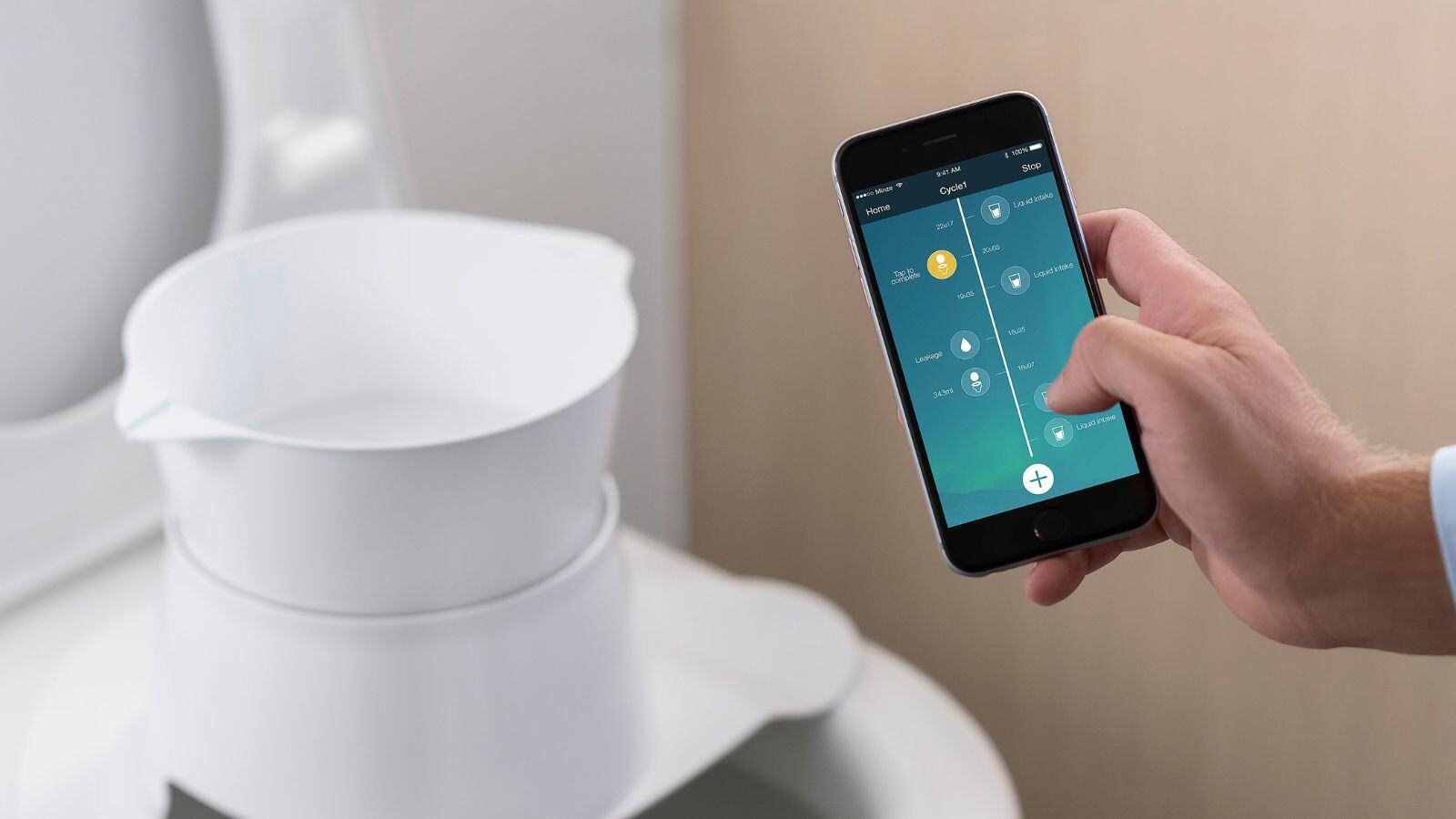Are you excited to bring your brand-new medical device to market? As you navigate the challenging product lifecycle process, one key aspect will be developing a clinical research strategy. This involves gathering clinical evidence, often in collaboration with a Contract Research Organization (CRO), to support claims about your device’s performance, clinical benefits, safety, and benefit-to-risk ratio.
In the EU, this clinical evidence must be compiled into the Clinical Evaluation Report (CER), a crucial part of the technical file for CE approval by Notified Bodies. Clinical data, sourced from scientific literature, clinical trials, or post-market surveillance (PMS), is vital. This blog post zeroes in on data from clinical investigations, especially the role of a medical device-focused Contract Research Organization (CRO) in enhancing your research strategy and conducting clinical trials to generate robust clinical safety and performance data.
Outsourcing clinical research to a Contract Research Organization (CRO)
As a result of stricter regulations, the conduct of clinical investigations with medical devices is becoming increasingly complex. Most start-up companies (Sponsors) do not have the resources to conduct all aspects of the required clinical trials themselves, which often leads them to outsource the conduct of clinical trials to a Contract Research Organization (CRO).
They may outsource the entire conduct of the study to a Contract Research Organization or only certain aspects, such as submission of applications to local regulatory authorities, project management, monitoring, protocol and report writing.
Engaging with a Contract Research Organization that has the required experience in the management and execution of clinical trials involving different types of medical devices is essential to ensure that the milestones of your clinical trial are met on time.
Regulatory knowledge within the medical device world differs substantially from the pharma industry. Experience in the MedTech field will help significantly in successfully setting up your clinical strategy and managing your clinical trial(s).
In this blog post, we will give 5 reasons to partner with a contract research organization that specializes in medical devices.
5 reasons to partner with a Contract Research Organization (CRO)
1. Understanding clinical research needs specific to medical devices
2. Knowledge of the regulatory environment
3. Specific requirements of essential documents
4. Therapeutic area expertise
5. Cost-efficiency
Conclusion: team up with a Contract Research Organization for your clinical research strategy!
The key differences between medical device trials and pharmaceutical trials require the selection of a clinical research organization specifically dedicated to medical devices. In addition, a positive and sustainable relationship and team chemistry between the manufacturer/sponsor and the CRO team is a key requirement for a successful collaboration and journey.
Since clinical trials often last several years and involve high costs, both parties need to know that they share the same values and work ethic. CROs must clearly understand the needs and expectations of MedTech sponsors so that both teams can work well together and build a productive, long-term relationship that results in a high-quality study.
Do you need help gathering clinical evidence to get your medical device to market? Are you looking for a full-service Contract Research Organization specializing in medical devices and with global coverage? QbD Clinical is here to guide you through these crucial clinical steps.
Our clinical team is happy to discuss any clinical research needs you may have. Don’t hesitate to contact us for more information on our CRO solutions and learn more about the customized and budget-effective options we can create for you.












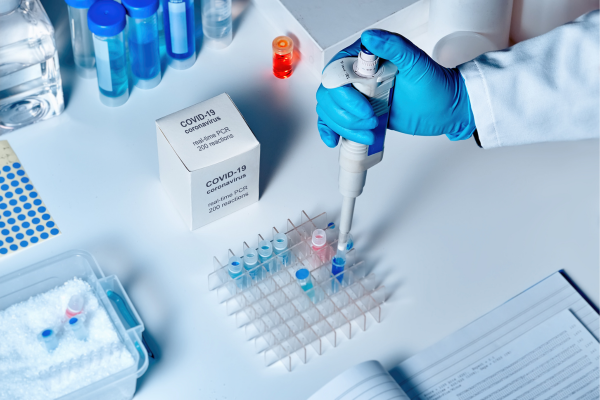

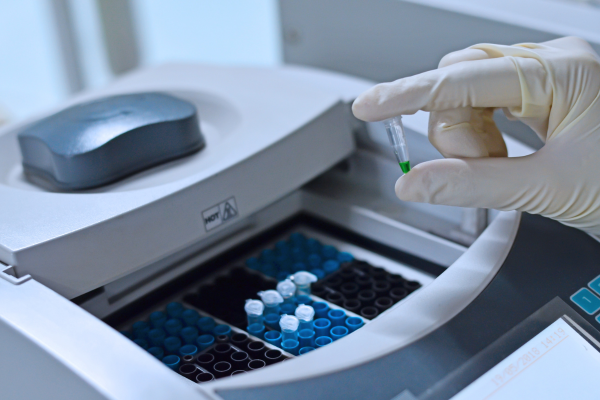


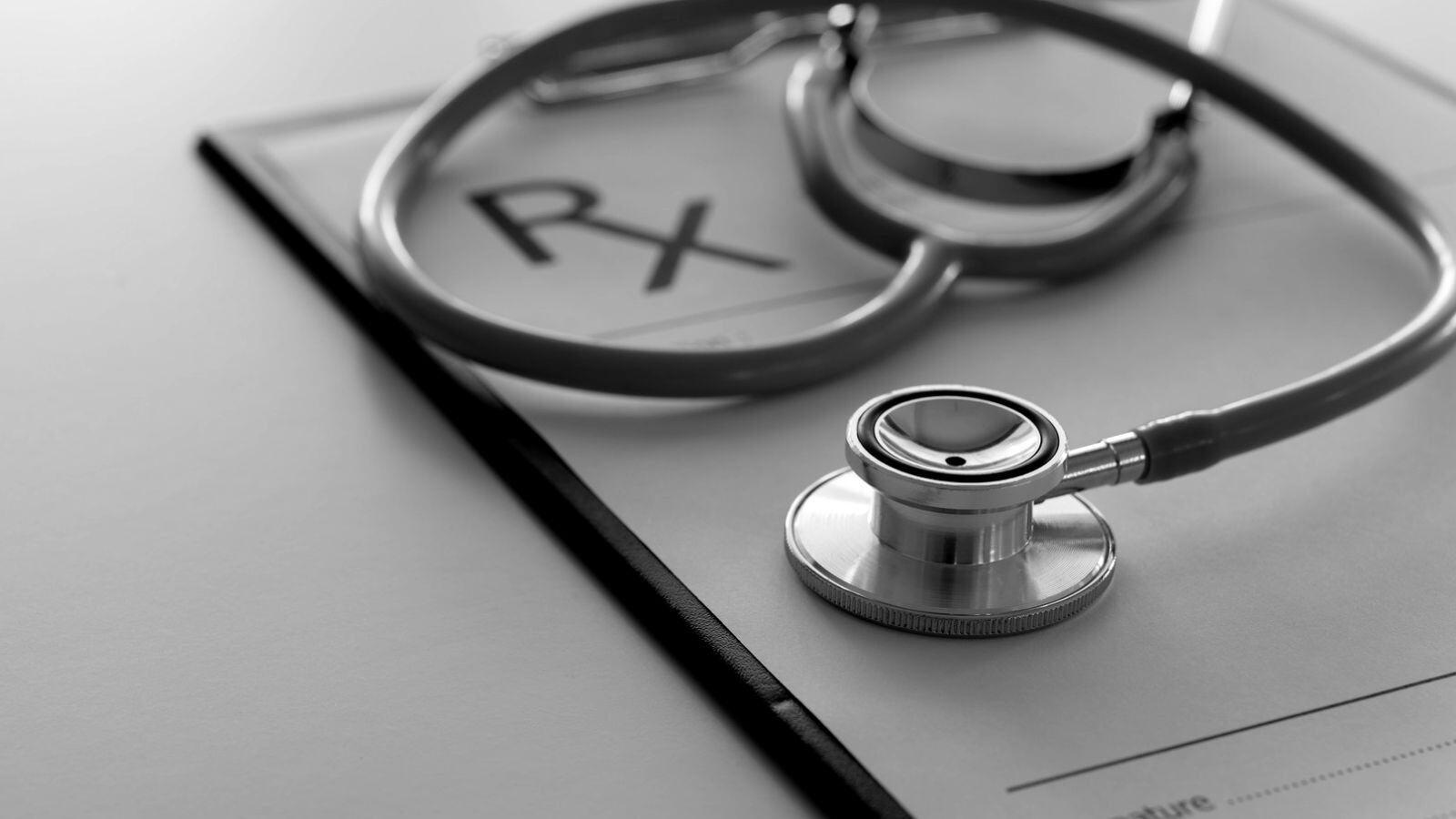
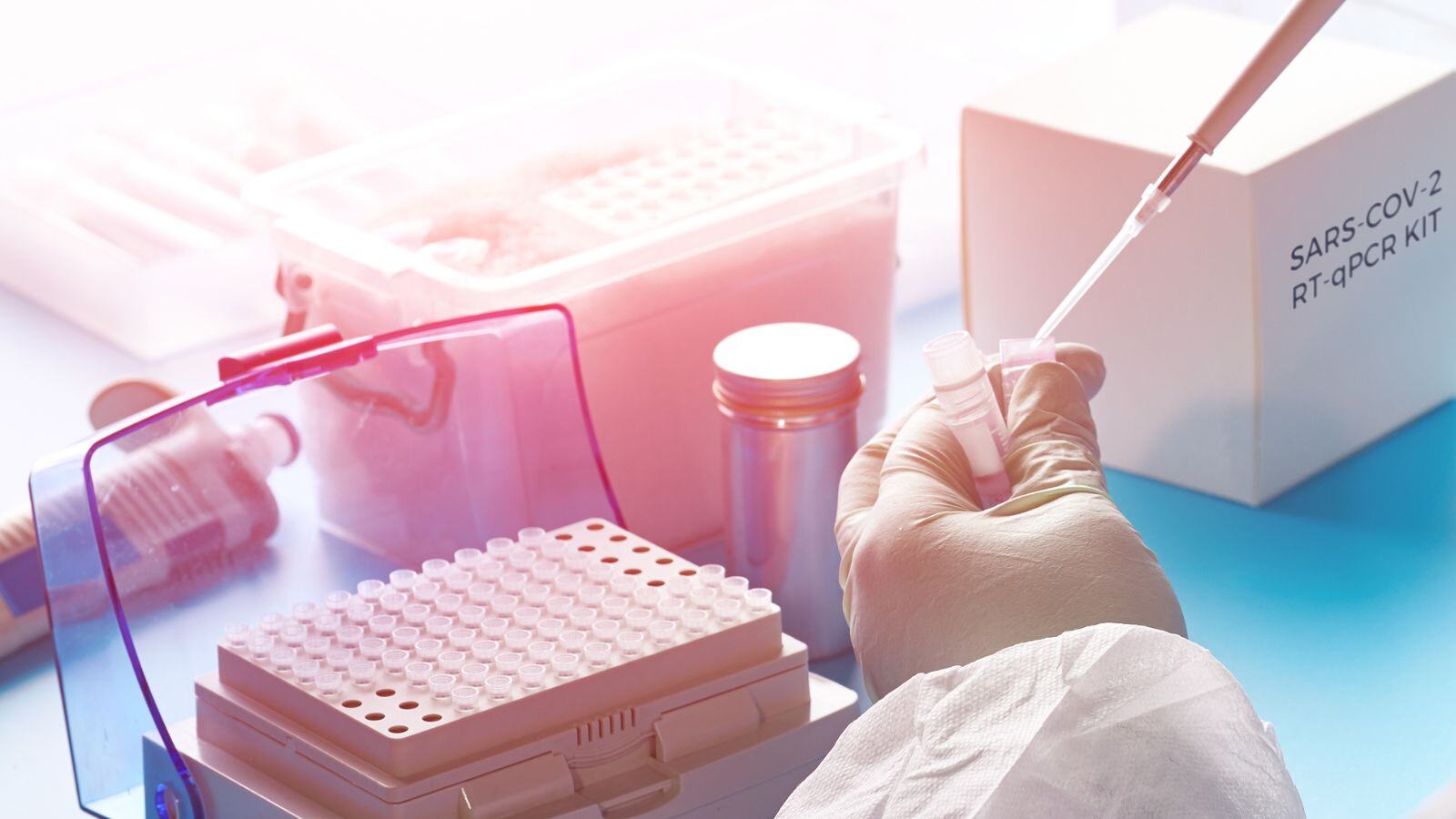

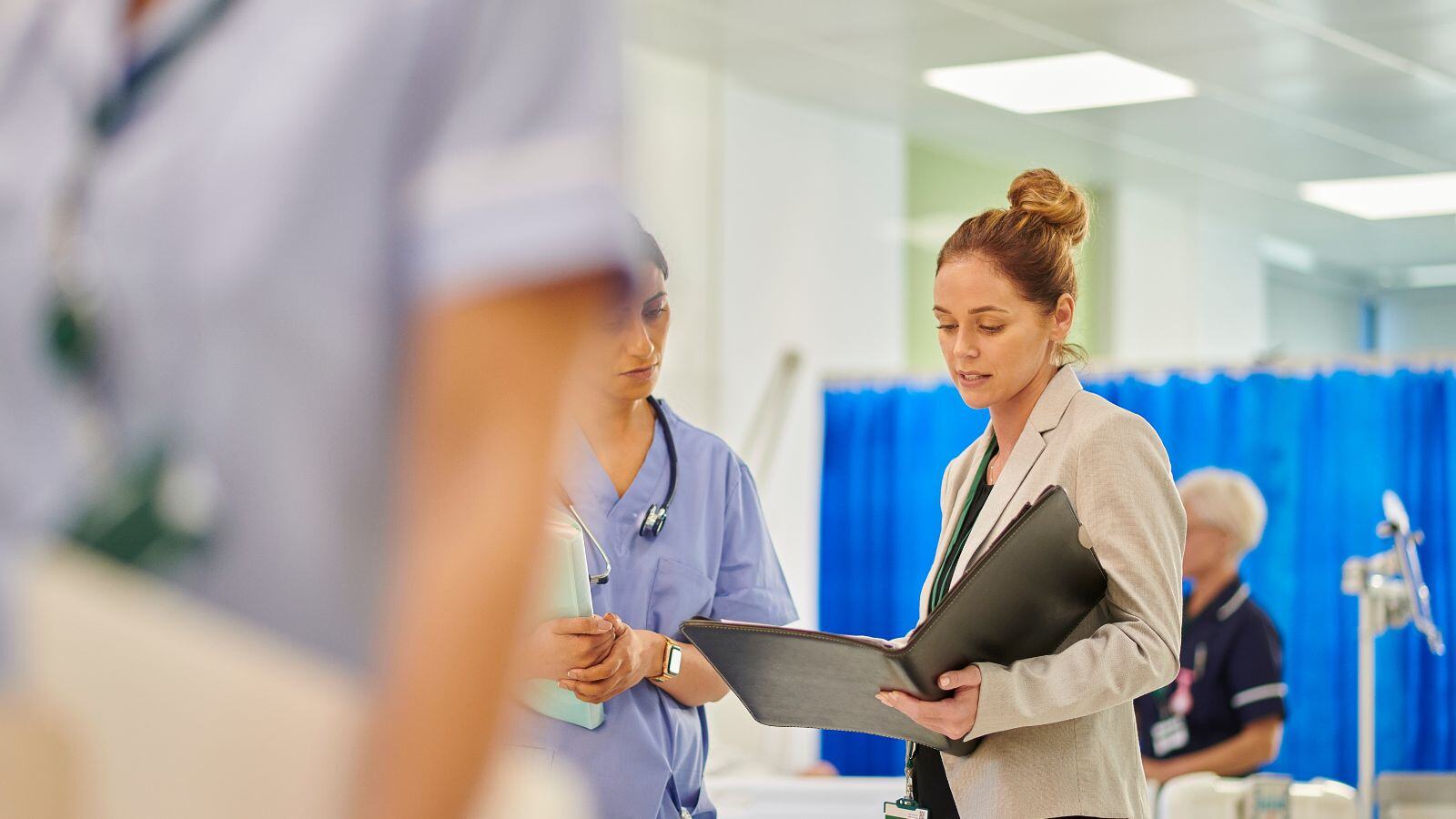
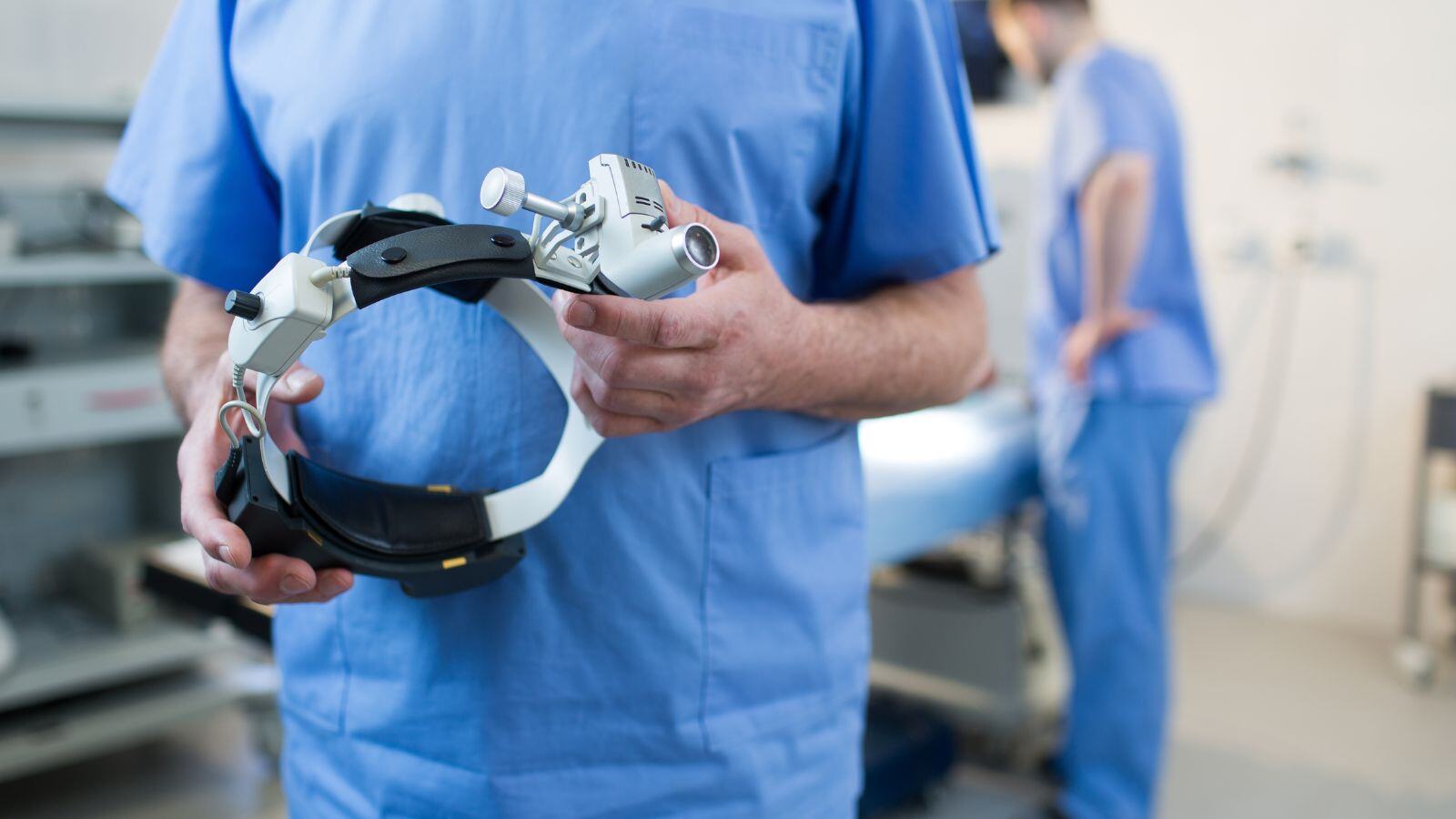
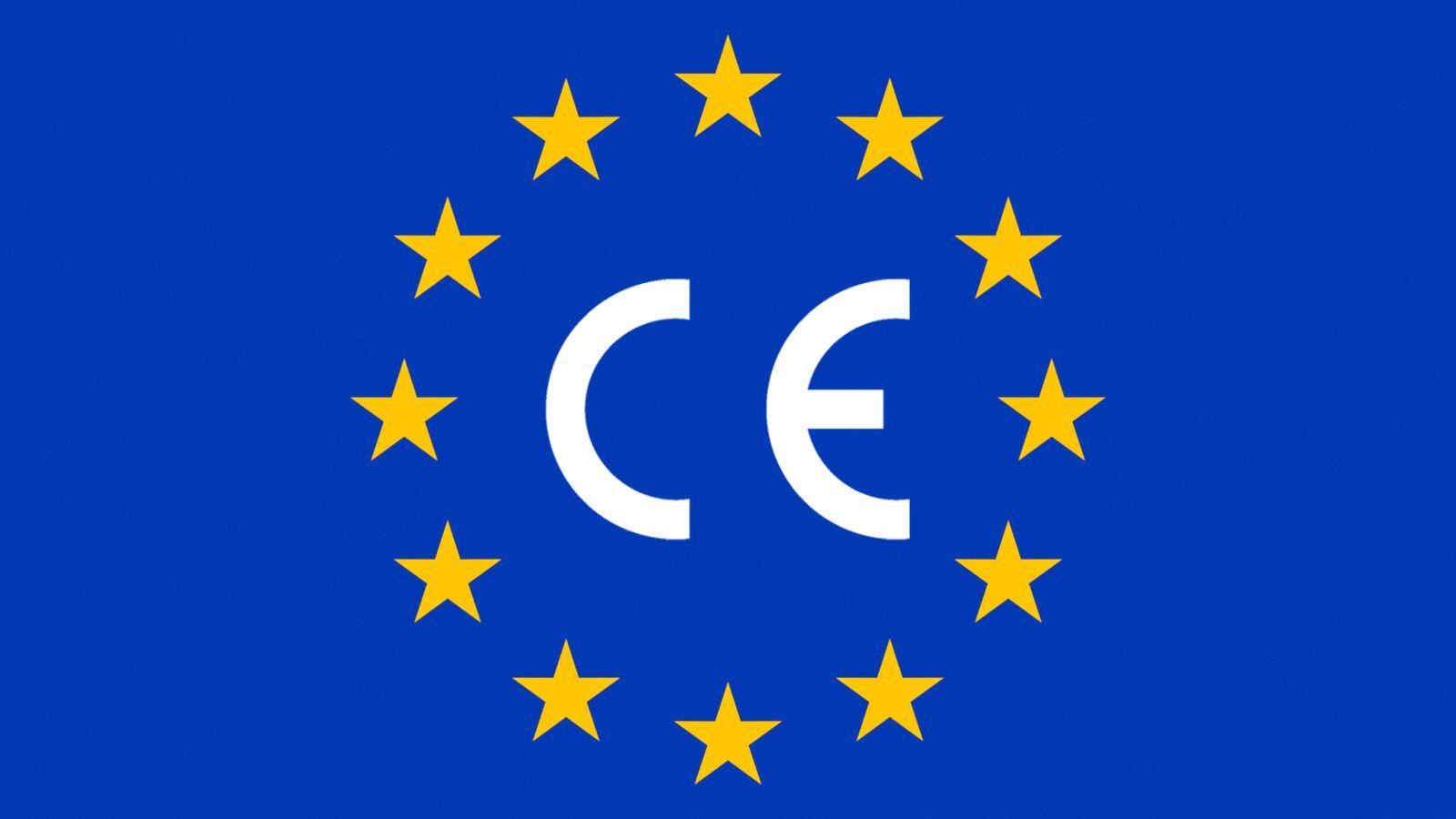
.jpg)

